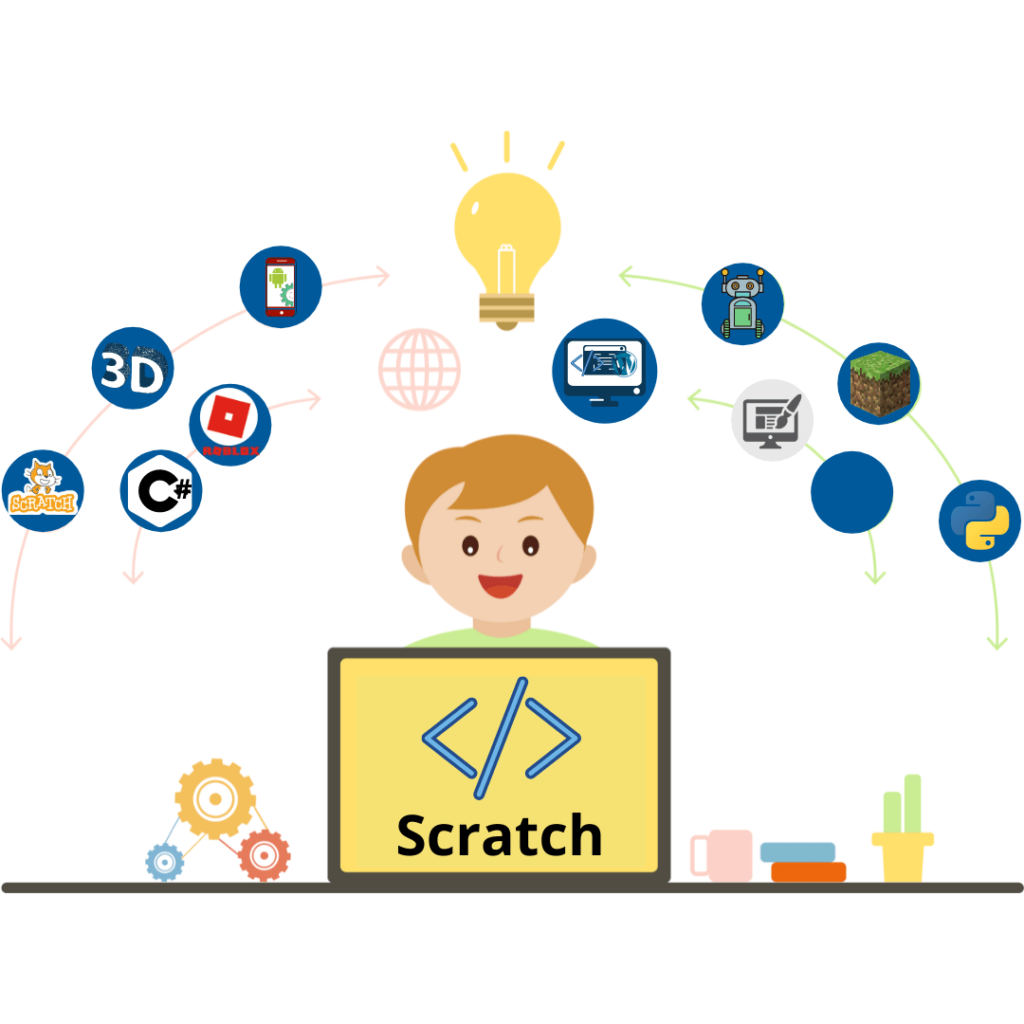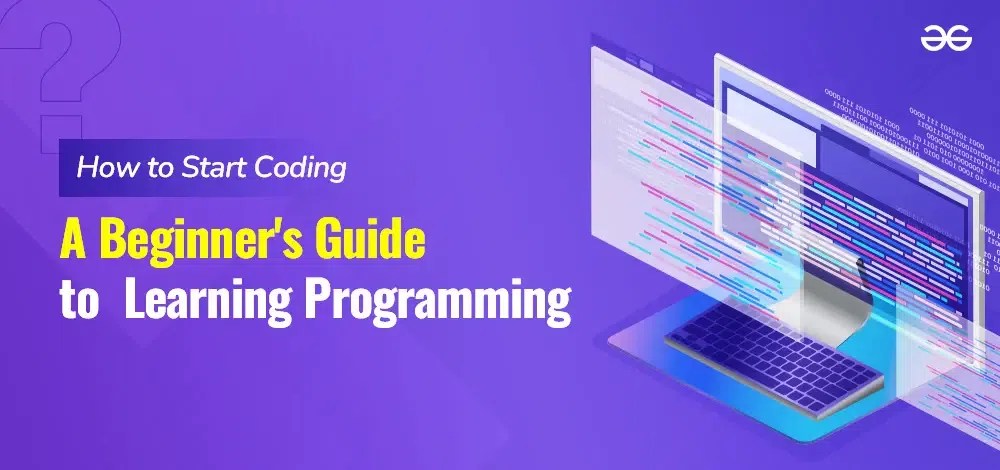In today’s digital age, coding has become an invaluable skill, opening doors to numerous career opportunities and enhancing problem-solving abilities. Whether you aspire to become a software developer, a data analyst, or simply want to automate tasks, learning to code is a great starting point. This guide provides essential tips and resources for beginners to embark on their coding journey.
Why Learn to Code?
Learning to code is not just for aspiring software engineers. Here are a few compelling reasons to start coding:
- Career Opportunities: The tech industry continues to grow, with high demand for skilled coders across various fields.
- Problem Solving: Coding enhances logical thinking and problem-solving skills, valuable in any profession.
- Automation: By learning to code, you can automate mundane tasks, increasing your efficiency.
- Creative Expression: Coding allows you to create websites, apps, and games, turning your ideas into reality.
Choosing Your First Programming Language
As a beginner, the choice of programming language can be overwhelming. Here are some popular options that are beginner-friendly:
- Python: Known for its readability and simplicity, Python is an excellent choice for beginners. It’s widely used in web development, data analysis, artificial intelligence, and more.
- JavaScript: If you’re interested in web development, JavaScript is essential. It enables interactive elements on websites and works well with HTML and CSS.
- Ruby: Ruby is another beginner-friendly language, particularly known for its elegant syntax. It’s commonly used in web development with the Ruby on Rails framework.
Online Learning Platforms
Several online platforms offer courses tailored for beginners. Here are some of the best resources to kickstart your coding journey:
- Codecademy: Interactive courses covering various programming languages, including Python, JavaScript, and Ruby.
- freeCodeCamp: A nonprofit platform that provides free coding lessons and projects. You can learn web development, JavaScript, and more.
- Coursera: Offers a wide range of courses from universities and colleges. Look for beginner courses in Python or web development.
- Khan Academy: Known for its educational resources, Khan Academy offers free courses on programming basics, including JavaScript and SQL.
Practice Coding Regularly
Consistency is key when learning to code. Set aside time each day or week to practice. Websites like LeetCode, HackerRank, and Codewars provide coding challenges that help reinforce your skills and improve problem-solving abilities. Participating in coding challenges can also enhance your resume and make you stand out to potential employers.

Build Projects
One of the best ways to solidify your coding knowledge is by building your projects. Start with small projects, such as:
- A personal website
- A simple game
- A budgeting app
These projects not only reinforce your skills but also provide tangible evidence of your coding abilities, which can be showcased in your portfolio.
Join Coding Communities
Engaging with fellow learners and experienced coders can enhance your learning experience. Join online forums and communities, such as:
- Stack Overflow: A Q&A platform for programmers, where you can ask questions and find solutions to coding problems.
- GitHub: A platform for hosting and sharing code. You can explore projects, contribute to open-source code, and connect with other developers.
- Reddit: Subreddits like r/learnprogramming and r/coding offer advice, resources, and support for beginners.
Embrace Mistakes and Keep Learning
Coding can be challenging, and it’s normal to encounter obstacles. Embrace your mistakes as learning opportunities and don’t hesitate to seek help when needed. The coding community is generally supportive, and many resources are available to assist you.
